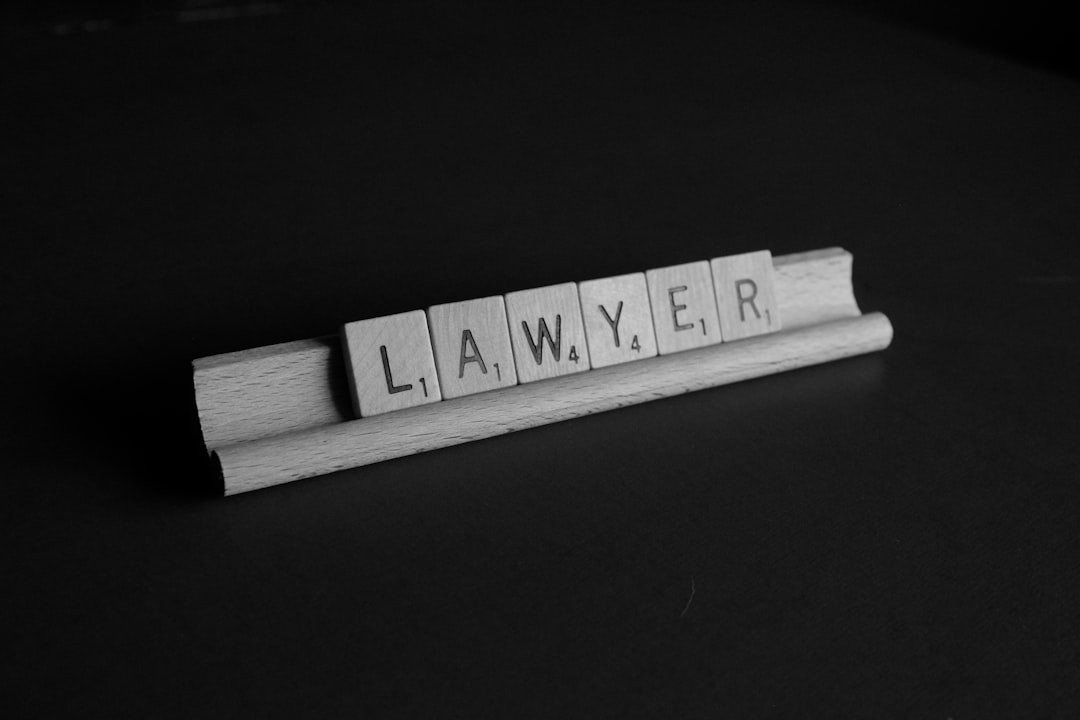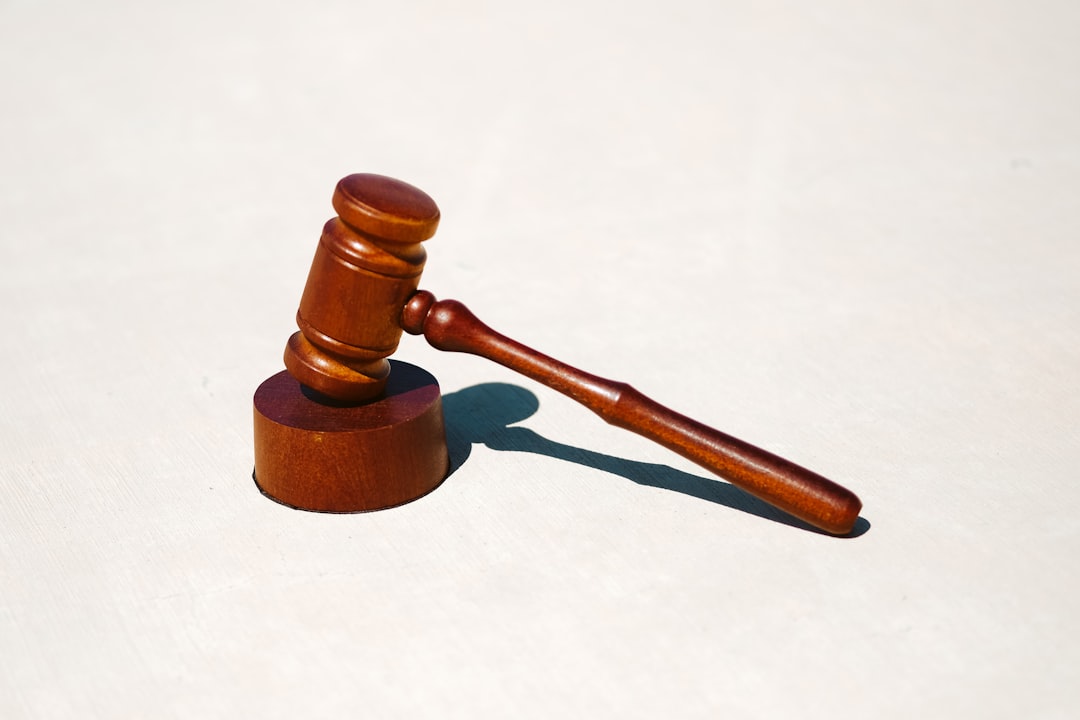In Colorado, seeking justice for sexual abuse victims is a complex yet vital process. Understanding the state’s specific laws and having knowledgeable representation, like a sexual abuse lawyer Colorado, can significantly impact outcomes. This article delves into key aspects of navigating sexual abuse cases in Colorado, including legal frameworks, the role of advocates, available resources, and the path to justice. By exploring these elements, survivors can better comprehend their rights and take steps towards healing.
Understanding Sexual Abuse Laws in Colorado

In Colorado, understanding the laws surrounding sexual abuse is crucial for victims seeking justice. The state has established statutes that define and address various forms of sexual misconduct, including assault, harassment, and exploitation. A sexual abuse lawyer in Colorado plays a vital role by helping victims navigate these legal complexities. They ensure that rights are protected and that the victim’s story is presented effectively to law enforcement and in court.
These laws aim to hold perpetrators accountable while providing support for survivors. Key provisions include strict time limits for filing reports, which require prompt action from victims. A sexual abuse lawyer can guide individuals through this process, offering legal counsel tailored to their unique circumstances. By understanding the framework of Colorado’s sexual abuse laws, victims can take the necessary steps towards justice and healing.
The Role of a Sexual Abuse Lawyer

In the pursuit of justice for sexual abuse victims in Colorado, a sexual abuse lawyer plays a pivotal role. These legal professionals are equipped to navigate the complex landscape of criminal and civil law, ensuring that victims’ rights are protected and their stories are heard. A sexual abuse lawyer in Colorado specializes in handling cases involving sexual assault, harassment, and other forms of sexual misconduct, providing crucial support to individuals who have suffered profound trauma.
They offer specialized knowledge of state laws and local legal systems, guiding victims through the process of filing criminal charges or civil lawsuits. Their expertise includes gathering evidence, interviewing witnesses, and negotiating settlements or preparing for trials. Furthermore, a sexual abuse lawyer advocates for victims’ emotional and psychological well-being, ensuring they receive the care and support needed to heal from their traumatic experiences.
Supporting Survivors: Resources and Rights

Survivors of sexual abuse in Colorado have access to various resources and legal rights designed to support their healing journey. One crucial step is connecting with a qualified sexual abuse lawyer Colorado. These attorneys specialize in navigating complex legal systems, ensuring survivors receive fair compensation for their suffering and holding perpetrators accountable. They provide guidance throughout the process, from reporting the crime to filing civil lawsuits.
Additionally, numerous organizations offer specialized support services tailored to the unique needs of sexual abuse victims. These resources include counseling, hotlines, support groups, and advocacy programs that empower survivors to take back control of their lives. Understanding one’s rights and having access to these vital services is essential for healing and moving forward.
Advocating for Justice: Case Process and Outcomes

In pursuit of justice, victims of sexual abuse in Colorado can find a powerful ally in dedicated sexual abuse lawyers. These legal professionals navigate complex case processes, ensuring victims’ rights are protected throughout every step. From gathering evidence to representing clients in court, their expertise is crucial in securing outcomes that hold perpetrators accountable and offer closure.
Victims often face a daunting journey, but with the support of a skilled sexual abuse lawyer Colorado, they can navigate the legal system effectively. Successful outcomes may include guilty verdicts, substantial settlements, or both—ultimately providing justice, healing, and a sense of empowerment for survivors.





